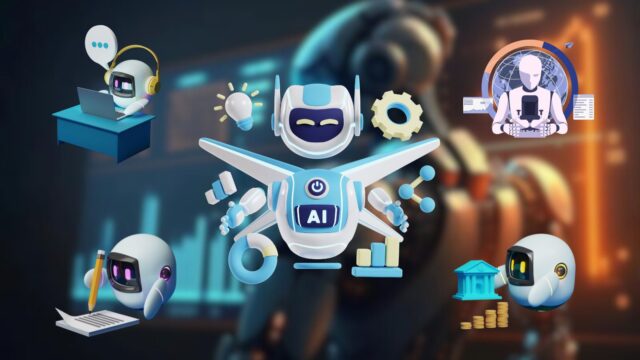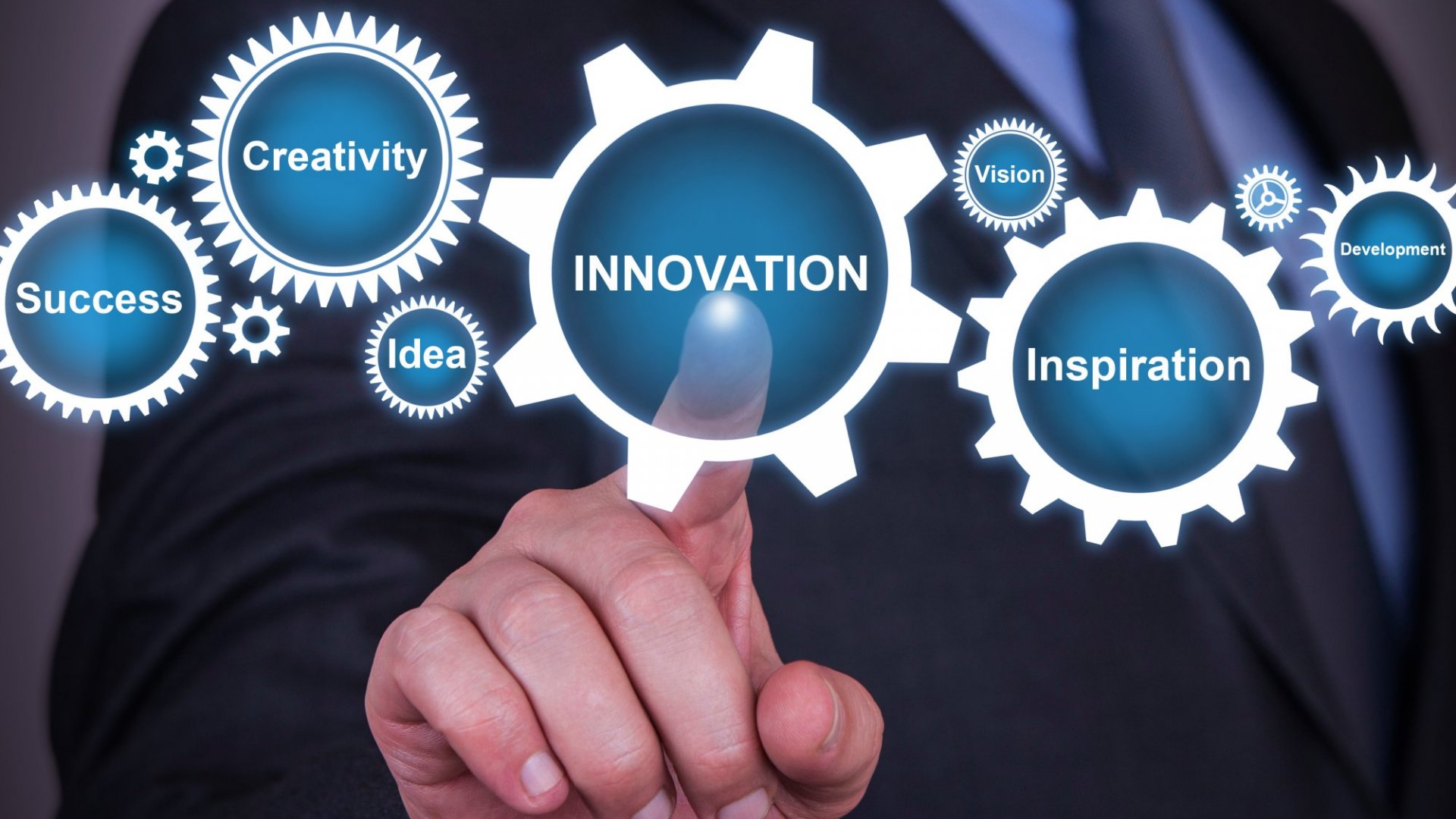In an era where technological advancement is rapid and relentless, Artificial Intelligence (AI) stands out as a transformative force, revolutionizing industries and driving innovation. For entrepreneurs and businesses looking to develop new ideas and solutions, AI provides tools and capabilities that can significantly enhance creativity, efficiency, and decision-making. Here’s a closer look at how AI can drive innovation and inspire new business ideas.

1. Enhancing Data Analysis
AI excels at processing vast amounts of data quickly and accurately, enabling businesses to uncover insights that might go unnoticed through traditional methods. By leveraging AI for data analysis, entrepreneurs can:
- Identify Trends: AI algorithms can sift through historical and real-time data to highlight emerging trends and patterns in consumer behavior, market demands, and industry shifts.
- Customer Insights: Analyzing customer feedback, preferences, and purchasing behavior can help businesses tailor their offerings to better meet customer needs and anticipate future demands.
- Market Opportunities: AI can analyze competitive landscapes and identify gaps in the market, providing entrepreneurs with ideas for innovative products or services that address unmet needs.
By harnessing the power of AI for data analysis, businesses can make informed decisions that drive innovation and improve their competitive edge.
2. Automating Routine Tasks
Repetitive tasks often stifle creativity and innovation. AI can automate routine processes, allowing teams to focus on strategic planning and creative brainstorming. Automation tools can:
- Streamline Operations: AI can manage tasks like scheduling, customer support, inventory management, and data entry, freeing up valuable time for employees to concentrate on higher-level thinking.
- Enhance Collaboration: AI-powered tools facilitate communication and collaboration among team members, fostering an environment where innovative ideas can flourish.
- Support Research and Development: Automation can accelerate the research and development phase by managing data collection and analysis, enabling teams to iterate more quickly on new concepts.
By automating routine tasks, AI empowers businesses to dedicate more time to innovation and exploration.
3. Facilitating Rapid Prototyping and Testing
AI-driven tools can significantly speed up the prototyping and testing phases of product development. With technologies like generative design and simulation software, businesses can:
- Create Multiple Design Options: AI can generate numerous design variations based on specific criteria, allowing teams to explore a wider range of possibilities.
- Conduct Simulations: AI can simulate product performance under various conditions, helping teams identify potential issues and optimize designs before investing in physical prototypes.
- Iterate Quickly: With AI, businesses can rapidly test different versions of a product, gathering data on performance and user feedback to make informed improvements.
By facilitating rapid prototyping and testing, AI accelerates the innovation cycle, enabling businesses to bring new ideas to market faster.
4. Driving Personalized Experiences
In today’s competitive landscape, personalization is key to attracting and retaining customers. AI can analyze customer data to drive personalized experiences, allowing businesses to:
- Tailor Products and Services: By understanding individual preferences, AI can help businesses develop customized offerings that cater to specific customer needs.
- Enhance Marketing Efforts: AI-driven recommendation engines can suggest products or content based on user behavior, increasing engagement and conversion rates.
- Create Dynamic Experiences: AI can adapt user experiences in real-time based on interactions, ensuring that customers receive relevant and timely information.
By leveraging AI for personalization, businesses can innovate in how they connect with customers and deliver value.
5. Enabling Predictive Analytics
Predictive analytics powered by AI can provide businesses with insights into future trends and customer behavior. By analyzing historical data, AI can help entrepreneurs:
- Forecast Demand: Anticipating changes in customer demand allows businesses to adjust their strategies, ensuring they remain competitive and responsive.
- Optimize Inventory Management: Predictive analytics can help businesses manage inventory levels more efficiently, reducing costs and minimizing waste.
- Identify Risks: AI can analyze potential risks and challenges, enabling entrepreneurs to develop contingency plans and mitigate issues before they arise.
By using predictive analytics, businesses can make proactive decisions that drive innovation and reduce uncertainties.
6. Fostering Creativity and Brainstorming
AI can also play a role in enhancing creativity and idea generation. Tools like AI-driven brainstorming assistants and creative writing software can:
- Generate Ideas: AI can suggest concepts, themes, and directions based on specific parameters, helping teams overcome creative blocks.
- Inspire Innovation: AI can analyze successful products and services across various industries, providing inspiration for new ideas that could be adapted or improved upon.
- Collaborate with Humans: AI can serve as a collaborative partner in the creative process, offering insights and suggestions while allowing human creativity to shine.
By fostering creativity and brainstorming, AI can help businesses explore innovative ideas that may not have emerged through traditional methods.
7. Supporting Sustainable Practices
As sustainability becomes increasingly important, AI can drive innovation in developing eco-friendly products and practices. AI technologies can:
- Optimize Resource Usage: AI can analyze supply chain operations to identify inefficiencies and suggest improvements that reduce waste and environmental impact.
- Support Sustainable Product Design: AI-driven tools can help design products with sustainability in mind, considering materials, lifecycle, and end-of-life options.
- Predict Environmental Impact: AI can model the potential environmental impact of products or processes, enabling businesses to make more sustainable decisions.
By supporting sustainable practices, AI can drive innovation while addressing the growing demand for environmentally conscious solutions.
Conclusion
AI is a powerful catalyst for innovation, offering startups and entrepreneurs the tools and insights needed to develop new business ideas and solutions. By enhancing data analysis, automating routine tasks, facilitating rapid prototyping, driving personalization, enabling predictive analytics, fostering creativity, and supporting sustainable practices, AI empowers businesses to navigate the complexities of the modern market.


No responses yet